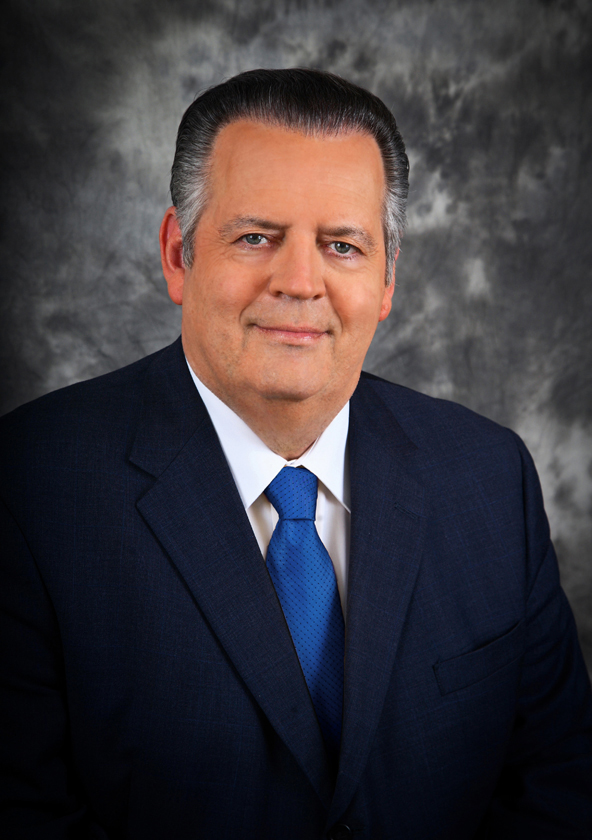
NASHVILLE (BP) — Reeling from a massive negative backlash, the executive committee of the Boy Scouts of America decided to postpone until May its ill-conceived, proposed change to allow openly gay scoutmasters and scouts to participate in Scouting.
In backing away from the proposed membership change, the Boy Scouts at least temporarily averted calamity. If the committee had rammed through the change in membership policy, it would have dealt a serious blow to the Boy Scouts of America on several fronts.
First, the proposed membership change made no one happy. The gay activists pushing for the change in policy were incensed by the “local option” plan being proposed by the Boy Scouts as their new membership policy. Under the proposed plan, each local scout troop could decide for itself if it wanted to allow gay men to be scout masters and gay boys to be members. The gay community was outraged that any Boy Scout troop would be allowed to continue to “discriminate” against gays. Once again, the gay activist agenda was revealed as something very different from “live and let live,” but rather, “we will compel all scout troops to accept and affirm our community’s values.”
Those supporting the current membership policy were shocked that the Boy Scouts of America leadership would violate basic, longstanding principles to placate a vocal and well-financed minority.
Second, the Boy Scouts’ proposed membership change to a “local option” severely weakened their strongest legal defense. As The New York Times pointed out in its Jan. 30 editorial, “The Boy Scouts Fall Short,” the Boy Scouts’ strongest legal defense is the Supreme Court’s 2000 ruling (Boy Scouts of America vs. Dale) in which the court affirmed that homosexual behavior was inconsistent with a “core” part of its mission and purpose, and that as a private organization they had the right to maintain their freedom of association.
As the New York Times pointed out, the Boy Scouts’ new “local option” membership policy would completely undermine the Supreme Court’s rationale favoring the Scouts’ current policies because a “local option” is at best a moral preference, and at worst a moral vacuum, and certainly not a “core” principle. The Constitution protects moral principles, not preferences. The proposed new membership policy, if implemented, would invite an avalanche of litigation against the Boy Scouts which would inevitably result in a court-imposed national policy of allowing openly gay scout masters and troop members in all troops.
Third, the Boy Scouts’ new proposed membership policy disregards what they themselves described six months ago as the desires of the “vast majority of the parents of the youth we serve” — to maintain the current, long standing policies excluding openly gay leaders and members. The overwhelming cry of outrage from these parents and Scout supporters across the country caused the delay in the vote until May. The proposed membership change provoked a grass-roots tsunami of opposition. If this grass roots, traditional base were to be ignored, it would generate a massive exodus from the Boy Scouts of America as the “vast majority” voted with their feet to maintain the Boy Scouts’ “core” principles.
Lastly, the Boy Scouts of America’s proposed membership change is yet one more indication that our society is so concerned about the so-called rights and privileges of adults that it routinely fails to fulfill its societal obligation to protect children. In the last few days I have heard from numerous parents essentially the same lament: “Has the Boy Scout leadership lost its mind?” Their parental concerns can be summarized in a few sentences. Why would you put adult leaders and mentors in places of authority and leadership of a boys’ organization when they have defined themselves as “homosexual,” meaning they are sexually attracted to males? It would be the equivalent of allowing heterosexual men to be scout masters for Girl Scout troops. As one wise youth minister once observed, “Sexual attraction happens.”
One does not have to assert that any one group is more prone to pedophilia than another. If you put men in mentoring positions of trust and authority in camp-out situations with young teens to whom they are sexually attracted, either heterosexually or homosexually, human tragedies will follow. To deny the reality of human nature is to embrace a political correctness that defies common sense.
–30–
Richard Land is president of the Southern Baptist Convention’s Ethics & Religious Liberty Commission. Get Baptist Press headlines and breaking news on Twitter (@BaptistPress), Facebook (Facebook.com/BaptistPress ) and in your email ( baptistpress.com/SubscribeBP.asp).

















